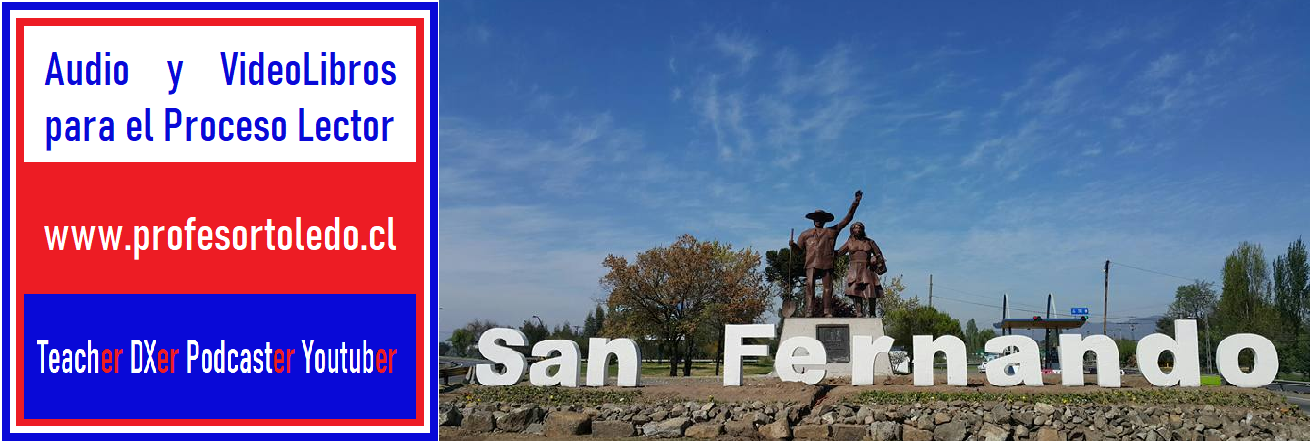The term ‘podcast’ has been declared Word of the Year by the New Oxford American Dictionary.
Podcasts can be listened to on music players such as the iPod
The term is defined as «a digital recording of a radio broadcast or similar program, made available on the internet for downloading to a personal audio player».
The word is derived from a combination of «broadcasting» and «iPod».
It will be added to the online version of the dictionary during the next update early next year.
Rising popularity
Podcasts have grown quickly in popularity over the past 12 months as they are an easy way of getting digital content and playing it when and where you want.
The term was coined by journalist Ben Hammersley and although originally derived from combining «broadcasting» and «iPod», this definition has become something of a misnomer as podcasts can be listened to on any digital music player.
Some have criticised the term for giving too much credit to Apple, which had little to do with the development of the technology and some have tried to suggest alternative terms such as blogcasting or audioblogging.
“Podcast was considered for inclusion last year, but we found that not enough people were using it, or were even familiar with the concept “
Erin McKean, New Oxford American Dictionary
Podcasts have become popular because anyone with a microphone, computer, software and a net connection, can produce one themselves.
Their rising popularity is challenging conventional radio’s broadcasting and business model.
As a result, many radio stations such as the BBC are making their shows available as downloadable MP3 files.
The BBC began a seven-month podcasting trial in May. Around 20 programmes are taking part in the trial, including Radio 4’s Today programme and Five Live’s Sportsweek.
Podcasting received a big boost in June, when Apple added a podcast directory to its iTunes online music store.
«Podcast was considered for inclusion last year, but we found that not enough people were using it, or were even familiar with the concept,» said Erin McKean, editor-in-chief of the New Oxford American Dictionary.
«This year it’s a completely different story. The word has finally caught up with the rest of the iPod phenomenon.»
Losing words
Among the words that did not make it were two other terms popular in tech circles.
One was lifehack, which refers to a more efficient way of completing an everyday task.
The other was rootkit, defined as software installed on a computer by someone other than the owner, intended to conceal other programs or processes, files or system data.
The term hit the headlines when Sony was found to have included a rootkit as part of the copy protection system on some of its music CDs.
Other words that did not make it include bird flu, sudoku and trans fat.
